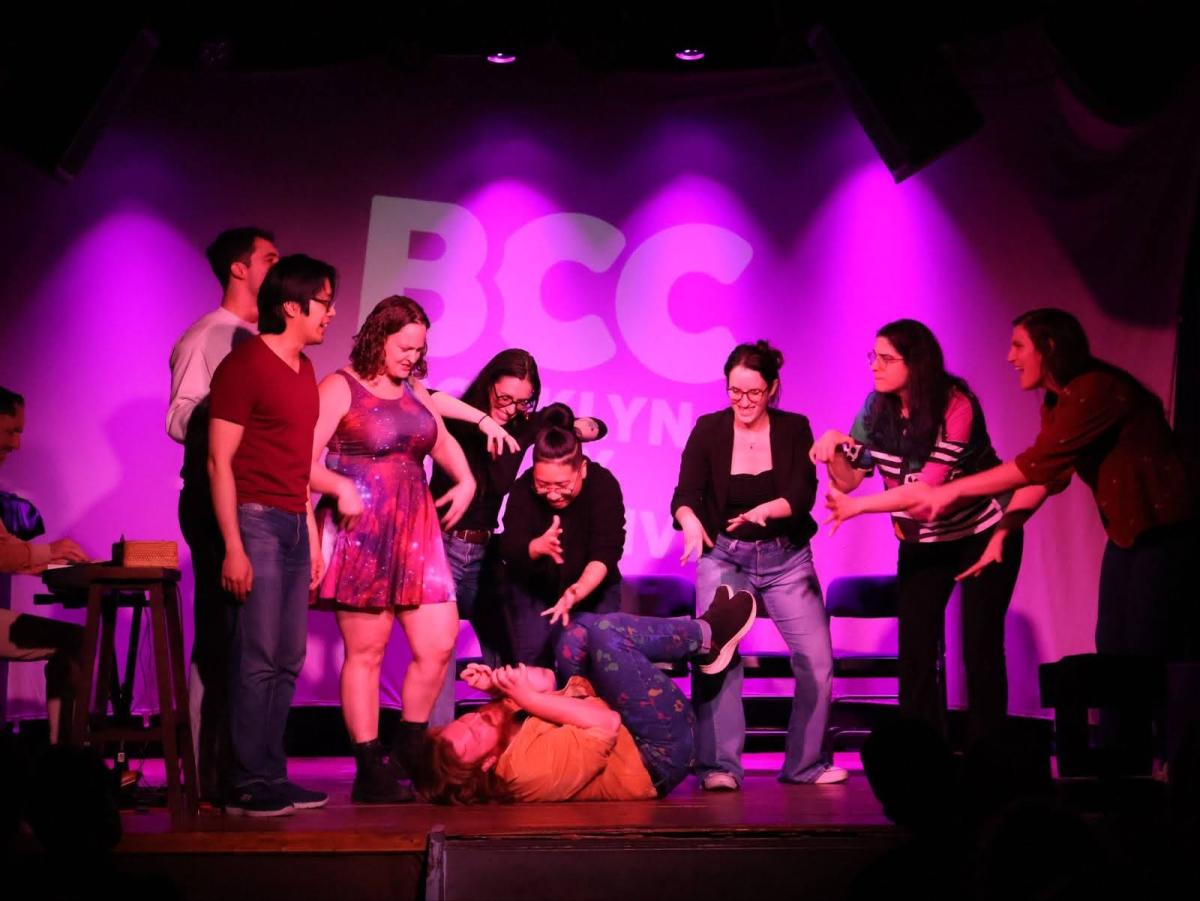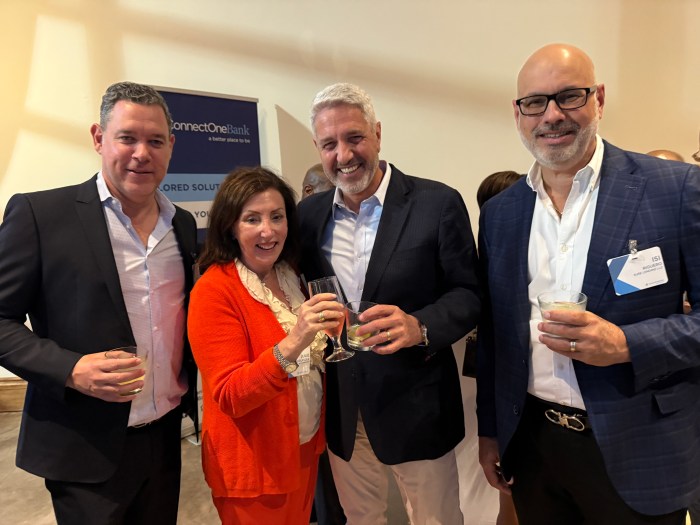More than 30 women have accused Hollywood mogul Harvey Weinstein of sexual harassment and, in some cases, assault.
The revelations, first reported in The New York Times, were followed by the #metoo campaign on social media, in which women have shared their stories of harassment and violence, sometimes naming names.
The attention on Weinstein has been effective: He has been ousted from his company, and Roy Price, head of Amazon Studios, was fired in the wake of accusations that he made lewd remarks and unwanted advances to a producer.
It’s cheering to see a few male bosses lose their jobs for inexcusable behavior. But workplace sexual harassment, rape and assault won’t end until women have more economic security and power.
If more women ran studios as important as Weinstein’s, many actresses probably would not have tolerated his harassment. The more economically precarious the workers, the more vulnerable they are.
For example, a survey of California farmworkers found 80 percent were sexually harassed. The problem is also prevalent in other low-wage and often nonunion industries like housekeeping and retail.
Women in the United States lack the government safety nets — including governmental income supports and universal health care — that women in some Scandinavian countries enjoy. These can allow the women to leave bad jobs, creating workplaces where bosses are less entitled.
According to data from the U.S. Merit Systems Protection Board and the European Commission, and published in the Vanderbilt Law Review, at most 17 percent of Swedish women report having endured workplace sexual harassment (one study found only 2 percent!), while only 11 percent of Danish women report this experience.
In contrast, 44 percent of American women say they have been sexually harassed at work.
Shaming, blaming and bearing witness have their places, but we are not going to solve this problem without demanding, and getting, economic change for women.
Liza Featherstone lives and writes in Clinton Hill.

































